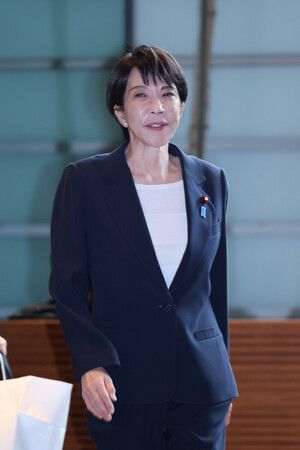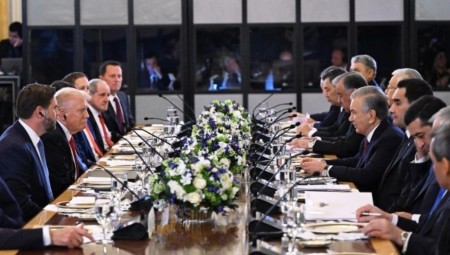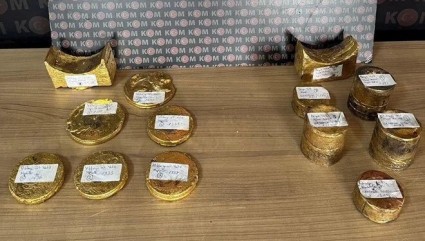The U.S. Department of Labour (DOL) has removed the cotton from Uzbekistan from the List for Prohibition of Acquisition of Products Produced by Forced or Indentured Child Labor (E.O. List).
After a thorough review of the comments received and information available, the Department has determined that the use of forced child labor in the cotton harvest in Uzbekistan has been significantly reduced to isolated incidents.
The Cotton Campaign cited reports of no more than five cases of forced child labor, including cases in which, according to sources cited in the letter, children were required to pick cotton and bring it to school in order for it to meet the cotton quota. In one of these cases, a local inspector imposed fines on the school director for requiring students to bring cotton.
The Cotton Campaign letter also refers to other cases of child labor, rather than forced child labor. However, these cases highlight that the government has made improvements in investigating and remedying such cases. ILO monitoring in 2017 identified 12 children ages 10 to 14 engaged in child labor in one field in Karakalpakstan. In this case, according to the ILO, the district hokim (governor) and other community members took the situation seriously and immediately removed the children from the field.
With respect to the evidence submitted by the Cotton Campaign regarding the ability to freely conduct monitoring in the sector, DOL notes that there are three monitoring mechanisms active during the cotton harvest, as well as other mechanisms in place to receive complaints.[19] The existence of such mechanisms, and their increased use each year, points to the opportunity that workers have to be candid about the terms and conditions of their work, including forced child labor.
DOL also notes the existence of multiple, active feedback mechanisms for worker complaints. Uzbekistan's Ministry of Employment and Labor Relations operates a hotline [24] and the Federation of Trade Unions operates legal clinics in each province to process labor complaints.[25] Two World Bank projects have their own specific feedback mechanisms for participant concerns.
cotton from Uzbekistan was added to the E.O. List in 2010, when forced child labor was pervasive in Uzbekistan's cotton sector. The Environmental Justice Foundation reported that tens of thousands of children were forced to pick cotton in the annual harvest, including an estimated 200,000 children in the Ferghana valley.















